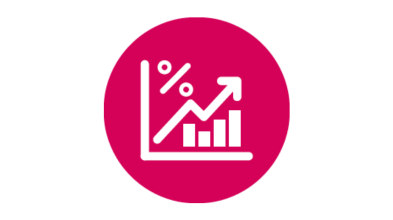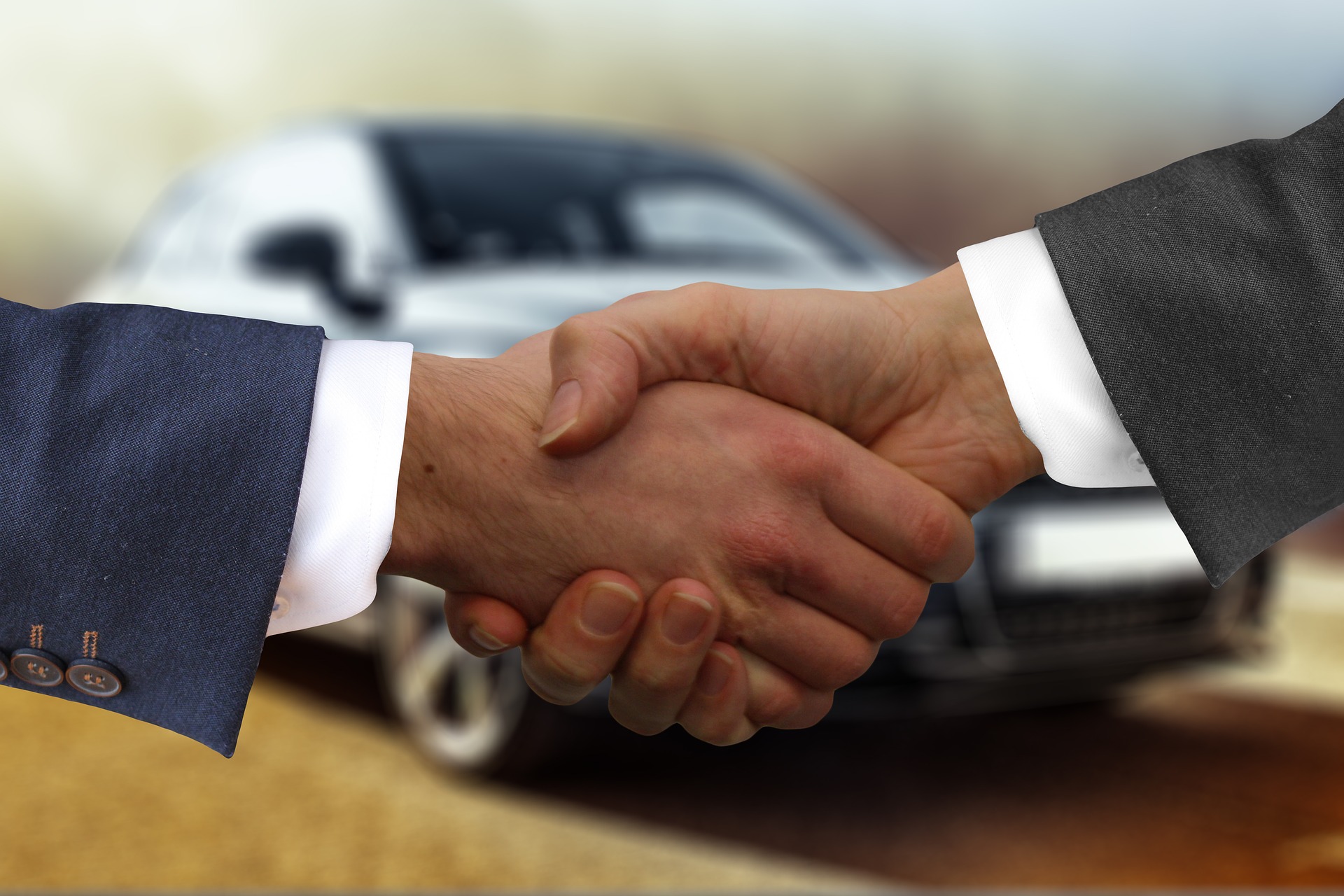What is car finance?
Buying a car outright isn’t the best option for everyone, which is where car finance can help by spreading the cost of a vehicle over a set period of time instead of in one lump sum.
Each type type of finance works slightly differently, below we’ve outlined how they all work to help you decide which is the best option for you.
How does car finance work?
All types of car finance involve borrowing money from a lender to cover the cost of the car you’re purchasing. You’ll pay an initial deposit and then regular installments throughout your agreed contract length. When the contract comes to an end, depending on the type of finance you’ve chosen, you may have the option to buy it or return it to the dealership.
Step 1 of 4
Can I get credit
Please answer a few questions, so we can process your finance application.
Estimated time: 1m
How much would you like to borrow?
Options for financing your car:
Personal Contract Purchase (PCP)
Personal Loans
Hire Purchase
Personal Contract Hire (PCH)
Frequently Asked Finance Questions
We're here to help with any finance questions you might have. Get in touch with the experts today.
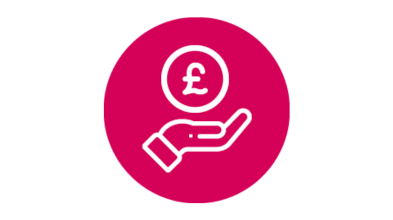
Car Finance on Benefits
Learn about Car Finance on Benefits
Self-Employed Car Finance
Learn about self-Employed Car Finance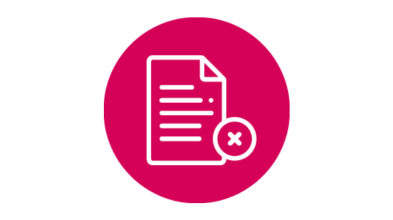
Poor Credit Car Finance
Learn about Poor Credit Car Finance
Student Car Finance
Learn about Student Car Finance
Car Finance with Negative equity
Learn about Car Finance with Negative equity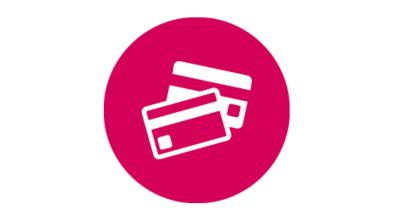
Car Finance with outstanding finance
Learn about outstanding finance
Voluntary termination of Car Finance
Learn about Voluntary termination